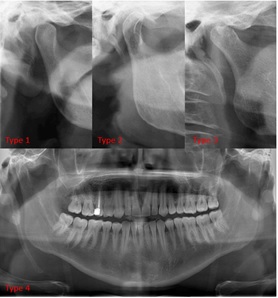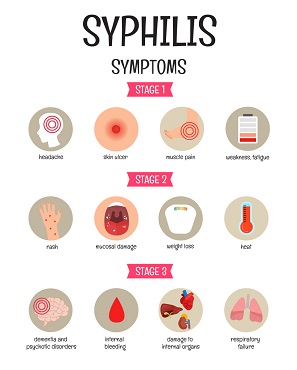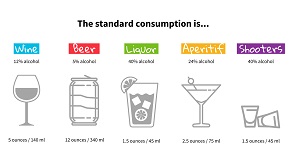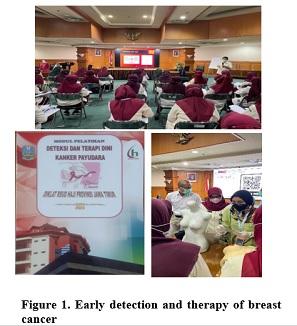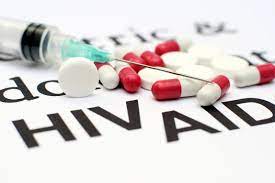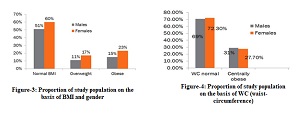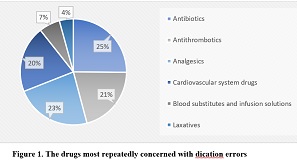Attitude and Behavior Towards Covid-19 Control Among High School Students in Surabaya and Sidoarjo, Indonesia
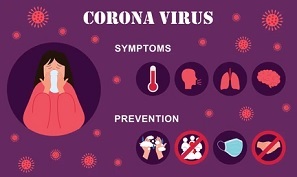
Downloads
Morbidity and mortality due to Covid-19 tend to be milder in adolescents. Nevertheless, their perception, attitude, and behavior towards Covid-19 deserve attention since they would also contribute to the success of Covid-19 control. Therefore, the aim of this study was to examine the perceived severity, susceptibility, attitudes, and behavior toward Covid-19 among high school students. This was a cross-sectional study conducted in five schools in Surabaya and Sidoarjo. Questionnaires were given online to teachers who then forwarded them to high school students. Data were taken from July to October 2021. Attitude and behavior were examined using the scoring previously tested. The data were then analyzed using Mann-Whitney U and Spearman's correlation tests. The significance level was set at p<0.05. More than 50% of students had good preventive behavior, the most frequent one was wearing masks (87.3%), followed by washing hands (73%). The behavior was correlated with their attitude (r= 0.285, p=0.000). Fifty-three percent of the respondents felt they would experience mild symptoms if they were infected with Covid-19. Most students perceived that they were susceptible to getting infected with Covid-19. Significant results were obtained using the Mann-Whitney test on gender toward attitudes and behavior (p<0.05). There were significant correlations between the mother's educational level (r=0.164, p=0.001) and the father's educational levels (r=0.120, p=0.013) with attitude toward Covid-19 control policies. Female students in Surabaya and Sidoarjo have better behavior in dealing with the Covid-19 pandemic. Parents' educational level plays a role in influencing the student's attitude toward Covid-19 control.
Copyright (c) 2023 Muhammad Nuh Ihsan, Ahila Meliana, Nurina Hasanatuludhhiyah, Visuddho Visuddho , Abdul Khairul Rizki Purba, Annete D'Arqom

This work is licensed under a Creative Commons Attribution-ShareAlike 4.0 International License.
- The journal allows the author to hold the copyright of the article without restrictions.
- The journal allows the author(s) to retain publishing rights without restrictions.
- The legal formal aspect of journal publication accessibility refers to Creative Commons Attribution Share-Alike (CC BY-SA).
- The Creative Commons Attribution Share-Alike (CC BY-SA) license allows re-distribution and re-use of a licensed work on the conditions that the creator is appropriately credited and that any derivative work is made available under "the same, similar or a compatible license”. Other than the conditions mentioned above, the editorial board is not responsible for copyright violation.





















